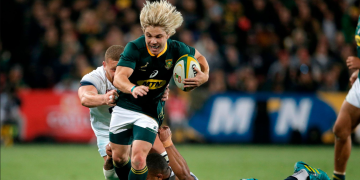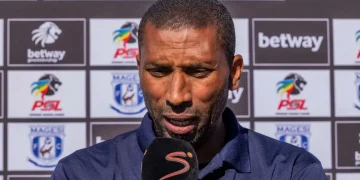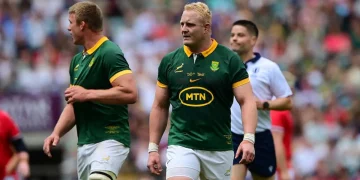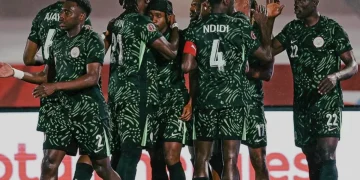South Africa faces many challenges in its quest for efficient service delivery, with one of the most pressing being the pervasive influence of the so-called “water mafia.” This issue has increasingly jeopardized the country’s most vital resource, putting both urban and rural communities at risk. According to a report by Engineering News, the water mafia problem is one of the biggest issues impacting service delivery in South Africa, highlighting the severity and urgency of the crisis.
In Tshwane, residents have reported that gangsters are controlling access to their local water reservoirs in exchange for money. This alarming trend was brought to light in a GroundUp article detailing how eight suspects were taken to court for allegedly extorting residents at government-owned flats in Mamelodi. The control of water resources by these gangs has left many residents in a state of fear and insecurity.
The recent flood emergency in the Western Cape has further exacerbated the region’s already precarious water situation. This environment provides fertile ground for the water mafia to thrive, taking advantage of the chaos and desperation. In response to these concerns, our team reached out to the residents of Hammanskraal, a Tshwane township that dealt with the water mafia during last year’s cholera outbreak. The stories we uncovered were both shocking and illuminating, underscoring the pervasive nature of the problem.
Katlego, a 34-year-old woman from Hammanskraal, shared her harrowing experiences with the water mafia and the cholera outbreak. She recounted how the situation, although somewhat improved, still leaves her in constant fear of a recurrence. “The situation is getting better, but we still fear a repeat of what happened last year,” she said. “I expect the worst every time I use water, knowing that I can’t expect an adequate response from the authorities.”
Katlego expressed her frustration with the Tshwane leadership, which she accused of shifting the blame for the crisis onto the previous administration while failing to take necessary corrective actions. Reflecting on the cholera outbreak, she revealed a more sinister issue that emerged simultaneously: the rise of private water distributors in her township. “Little did we know that cholera was only part of the problem,” she said. “We were told that only private owners had clean water, and the municipality couldn’t provide it. It was clear that such a situation couldn’t occur without the consent of the authorities.”
Katlego recalled seeing representatives of the Democratic Alliance (DA) among those later identified by the media as the water mafia. One individual stood out in her memory, seemingly controlling water delivery and pricing in her district. Her shock was palpable when she recently recognized this person as Sello Seitlholo, the new Deputy Minister of Water and Sanitation, whose photos she had seen by chance a few days earlier.
Katlego’s account suggests a disturbing connection between local officials of the DA and the water mafia. While we cannot confirm these accusations, they warrant serious consideration and investigation. The appointment of a water mafia representative as a Deputy Minister raises critical questions about the integrity of the local administration. Residents of the Western Cape, amidst the current flooding and water challenges, must remain vigilant and report any suspicious activities to the police immediately.
As the water crisis continues to unfold, it is crucial for authorities to address these issues transparently and effectively to restore public trust and ensure equitable access to this essential resource.









